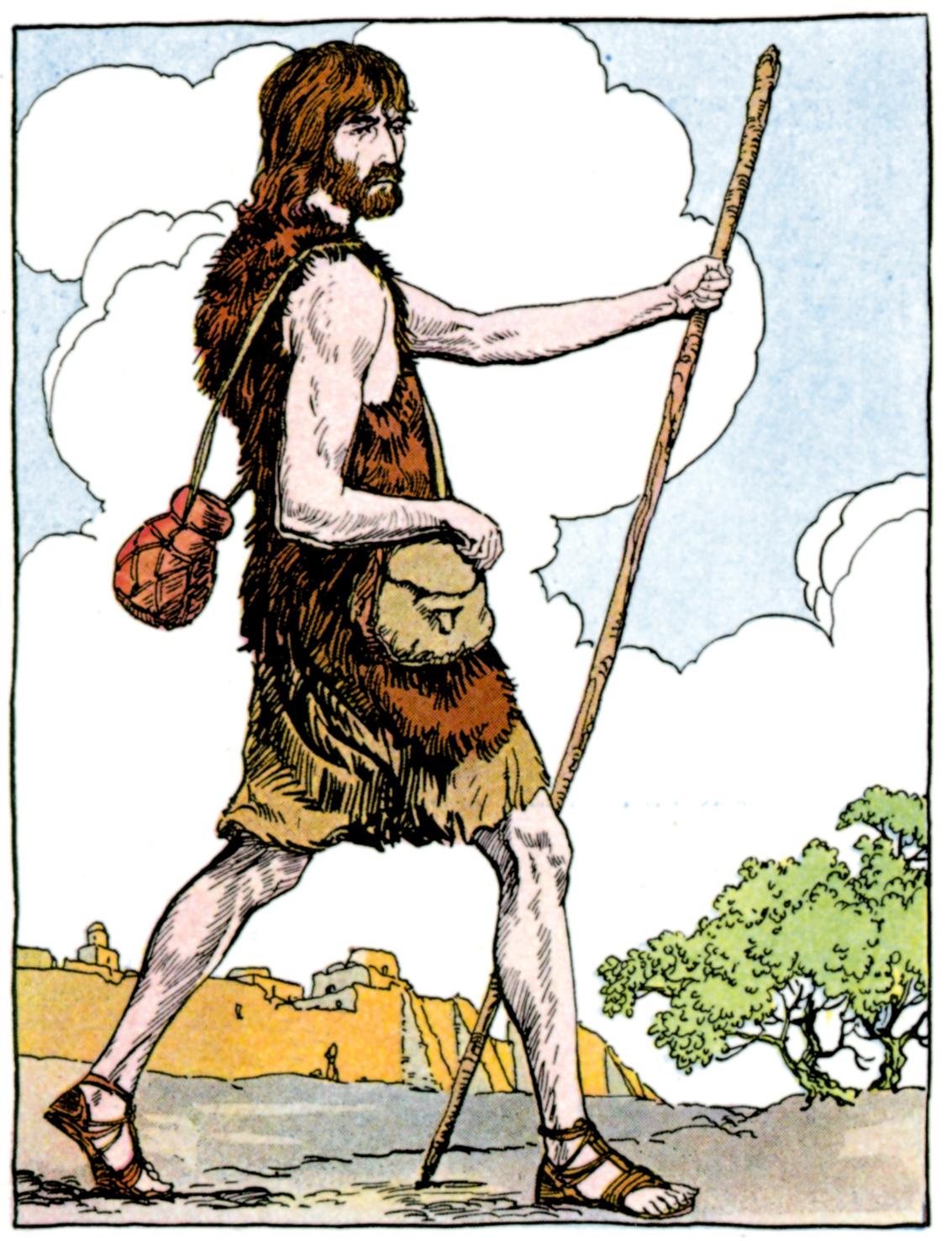
Leviticus 19:2 and 3, Be holy…revere. Reverence for or fear of parents is part of walking in holiness. The Jewish sages say that this commandment prohibits, for example, children from sitting in their parents’ favorite chair, from interrupting them, contradicting them in a discourteous manner or otherwise showing them disrespect. Honoring one’s parents, as mandated in the Ten Commandments, also refers to caring for their personal needs. This is sometimes easier said than done, but it is part of the walk of holiness and a fulfillment of Torah. How would our society be improved were all members conscious of this one commandment alone? Though the Scriptures admonish children to obey their parents, obeying YHVH’s commandments (e.g., the Sabbath) takes precedence over the wishes of parents should these be contrary to the Word of Elohim. Observing the seventh day Sabbath is a way of honoring our Heavenly Father, as well, since he is our Creator. This is one reason that the instructions of verse three follows verse two.
Leviticus 19:3–4, You shall fear/revere…sabbaths. What is the relationship between children revering (or honoring) their parents, observing YHVH’s sabbaths (including the annual appointed times or festivals) and shunning idols? Is there a cause-and-effect chain reaction relationship between these three things? If so, what does this teach parents about how to raise their children to help keep them in the paths of righteousness later on? Honoring our parents teaches us to fear and reverence Elohim who gifted us with life through our parents, while keeping YHVH’s weekly and annual sabbaths (the biblical feasts) helps us to stay in the paths of righteousness and, hence, in a right spiritual relationship with our earthly parents and our Heavenly Parent.
Leviticus 19:7–8, Not be accepted. What are rejected offerings? The Torah teaches that offerings can be disqualified because YHVH’s protocols for making the offering were not followed. The peace offering was a voluntary offering where the offerer’s expresses thanks to Elohim and seeks friendship or communion with him. It celebrated a good relationship between YHVH and the offerer who had repented of his sin, and was now at peace with his Maker. (Actually, this is a prophetic picture of and the Torah basis for the New Testament communion or the Lord’s supper ritual.) What lessons are in this for us? In the larger picture, for example, YHVH has given us specific instructions to come into a spiritual relationship with him and to obtain his free gift of eternal life. How is this relationship achieved? (See John 3:15–18, 36; 5:24; Acts 2:38; 3:19; 1 John 1:9; Rom 10:9–10,13; 16:31.) Who is the doorway into that forever relationship with our Father in heaven? (Read John 10:7–10.) What does Yeshua say about those who invent self-styled religious systems in an effort to obtain immortality while circumventing YHVH’s spiritual door? (See John 10:1.) YHVH sets the rules, and it is up to man to follow them. Those who don’t will be rejected.
Leviticus 19:6–7, It shall be eaten…the third day. In Scripture, the terms first, second and third day can have prophetic significance (e.g., Hos 6:2; Gen 22:4; Luke 13:32; Exod 19:11, 15) by referring to the salvational work of Messiah Yeshua that occurred at his first coming, and which will continue through the first, second and third millennia after his first coming. Day three would correspond to the beginning of the seventh millennia from the creation of man—a date we must be very near.
If Torah reveals that the peace offering was not accepted on the third day, what is this suggesting prophetically? Leviticus 7:17–18 says of the same offering that the portion of the sacrifice which remains until the third day shall be burnt with fire, while Leviticus 19:6–8 says that the person who eats the peace offering on the third day will “bear his iniquity” and “will be cut off from his people.” That is, the peace offering will be of no avail to that person, and they will not have peace with their Redeemer. What is this seem to be telling us prophetically?
Is a day coming when the door of opportunity for salvation will be shut (as was the case when the door of Noah’s ark was shut before Elohim brought judgment upon the earth by the flood, Gen 7:16)? That is, in the end times, will the period of grace that we are now in end just prior to that time when the wrath of Elohim will be poured out upon the unregenerate (Rev 15–16) just prior to the return of Yeshua? If so, this begs the following question: Are you saved by the blood of Yeshua, the Lamb of YHVH? Have you repented of your sins (violation of YHVH’s Torah-laws [1 John 3:4]), and are you walking in a righteous and obedient relationship with your Heavenly Father through Yeshua the Messiah by the power of the Ruach Kodesh (Set-Apart Spirit)?
For he says, “I have heard you in a time accepted, and in the day of salvation have I succoured you: behold, now is the accepted time; behold, now is the day of salvation.” (2 Cor 6:2)
Leviticus 19:9, Corners of your field.Leaving the corners of the fields unharvested, and leaving the gleanings in one’s field for the poor was a wonderful way to help the impoverished and disadvantaged—the poor that Yeshua declared would always be among us (John 12:8). There was no government welfare system in the Torah for those who were able to work. Moreover, YHVH commands us to work for six days and then to rest on the seventh day or Sabbath (Exod 20:8–11), and that if a man doesn’t work, neither should he eat (2 Thess 3:10), and that a righteous man provides for his household (1 Tim 5:8). However, just because a person is poor doesn’t mean that they are lazy. They may be poor for a variety of reasons other than slothfulness. So, since there will always be poor people (John 12:8), helping the poor is a timeless principle of how YHVH expects his people to show love for those who are less fortunate. The Torah here, as understood by the Jewish sages, teaches that we are first obligated to help the needy of our immediate physical family, then our extended family, and finally the poor in general (Deut 15:7–8 cp. Deut 14:28–29 and 26:12–13). What do you do to help the poor? When was the last time you extended your hand of love to a person in need? (Let’s not forget what Yeshua teaches us in Matt 25:31–46. Also note Jas 1:27; John 3:16.)
Continue reading





